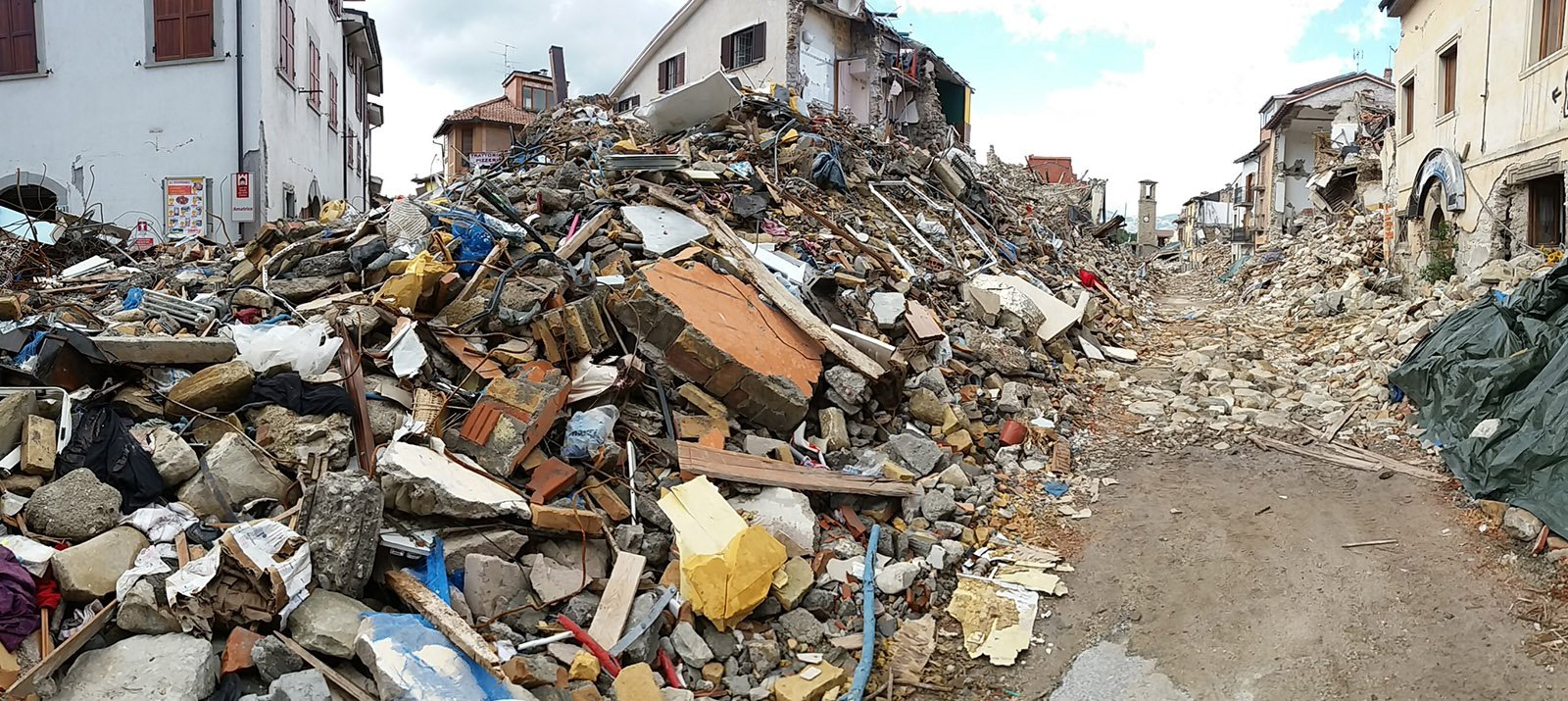Only a few questions to prove quantum entanglement: a further step towards reliable quantum computation
A team of physicists from the University of Vienna and the University of Belgrade introduces a novel technique to detect entanglement even in large-scale quantum systems with unprecedented efficiency. This brings scientists one step closer to the implementation of reliable quantum computation. The new results are of direct relevance for future generations of quantum devices … Read more









